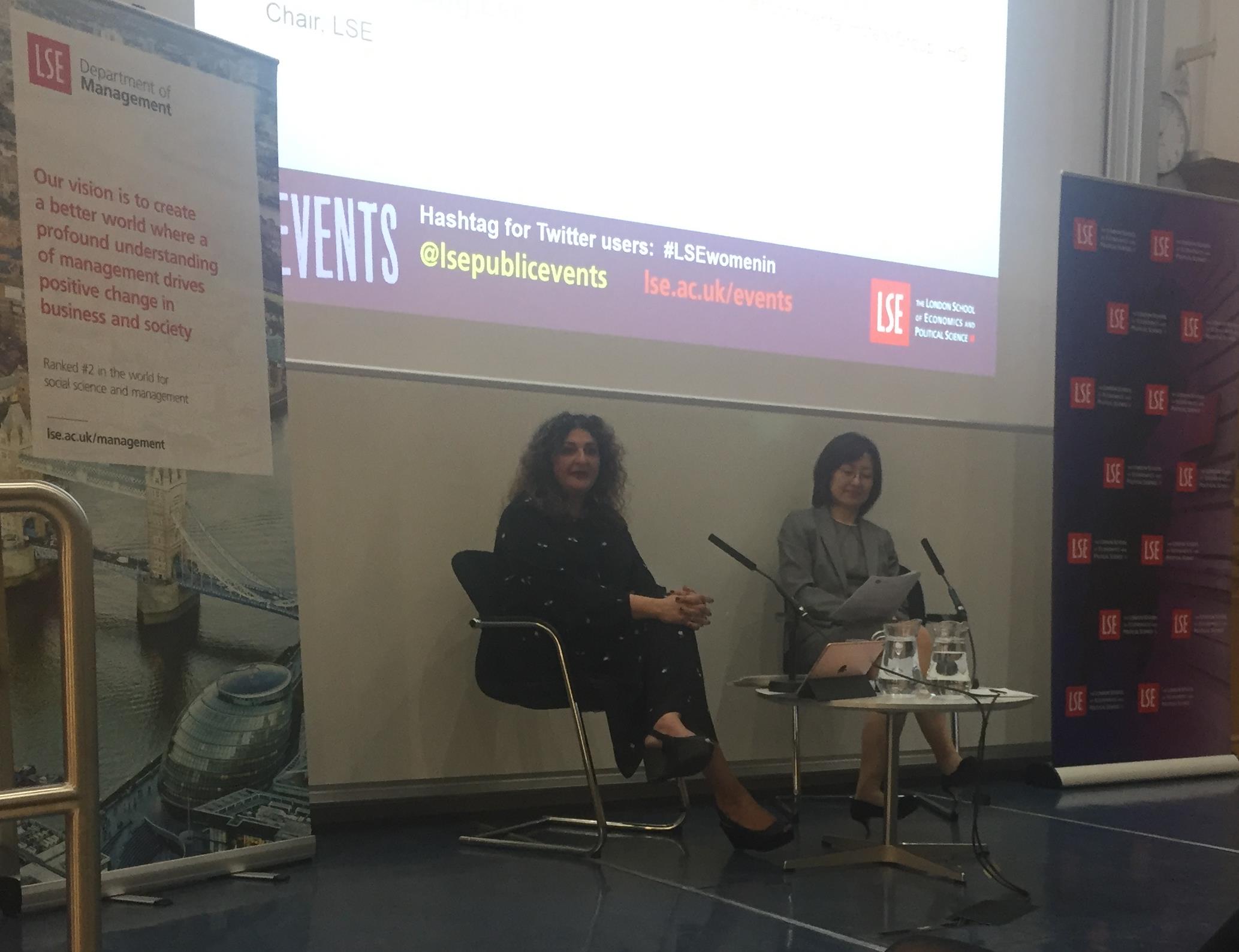Most people think that negotiation is a niche skill which is rarely needed in everyday life. That’s what Srishti Gupta thought too – until she took Negotiation Analysis, a module on the MSc Management and Strategy programme which opened her eyes to the way negotiation shapes our lives.
There are some skills in life that, though necessary, aren’t actively taught in the classroom.
Learning to manage your personal finances, for example (especially in this economy) or learning how to be on top of your class work while maintaining an active social life (especially if you’re an LSE student). However, one essential skill which is taught in the classroom is negotiation.
Looking back, it’s funny how I used to think that negotiation was limited to the workplace or in flea markets where the sellers name exorbitant prices for knockoff goods. And since I had always been bad at bargaining with street vendors, I thought that the Negotiation Analysis module offered by the Department of Management was what I needed to become an efficient shopper.
But my Negotiation Analysis journey was completely different to what I had expected – I got far more than I bargained for.
From the very first week, my preconceptions were shattered by new knowledge. The first great insight was how we spend a large part of our lives negotiating with almost everyone around us. Whether it’s to convince our parents to buy us a new phone if we get good marks (been there, done that) or to decide which restaurant to go to for dinner, we’re proposing deals and making concessions without even knowing it. Turns out I had negotiation experience already.
In every class, students must perform negotiation exercises using the strategies taught to us during the lecture. The exercise caught me by surprise because it was a completely new setting, which immediately put me out of my comfort zone. Like everyone else, I struggled to get into the roles we’d been assigned. It was a style of learning I’d never experienced in any other classes.
By the third week, I was already walking into the class excited to know what new role I’d be playing for that week’s exercise. The pattern did not make me nervous anymore and I’d get into strategizing mode as soon as the prompts were handed out, trying to figure out the best tactics to use that would allow me to achieve my objectives. I began thinking in technical terms such as BATNAs, Pareto-optimal solutions and anchoring methods.
Far from bargaining with street vendors, five weeks into the course I’d already been a recruiter in one exercise and a Chief Operating Officer in two others, discussing highly sensitive issues with my negotiating partners. In Week Five, another promotion came my way as I became the CEO of a company with the task of resolving an ongoing dispute with one of my clients. Clearly I haven’t been a CEO (yet!). But in terms of the feedback from my peers and through the mandatory personal reflections, I’ve been told I’ve made substantial progress.
By the seventh week, I was now confident that I can handle any new role assigned to me in the exercise. Negotiating with new partners every week did not make me nervous. Instead, I relished trying out new negotiating techniques and strategies and see what outcomes they led to. By maintaining a weekly log of my performance, I could keep track of what worked and what didn’t, which old methods to repeat and what new tactics to try. It gave me a whole new perspective about the amount of preparation that is required before going into any negotiations.
My learning curve was steep. But it needed to be. Negotiation Analysis helped me dispel the characteristic notions I had about successful negotiators: that they are dominant and aggressive with an inherent ability to get their way. Instead, the course went much deeper into how accurate objective definition, appropriate information and adequate preparation can give you the tools to develop strategies (functional or behavioral) to engage in a mutually advantageous negotiation.
Bring on the market stall vendors!
Learn more about the MSc in Management and Strategy programme.






